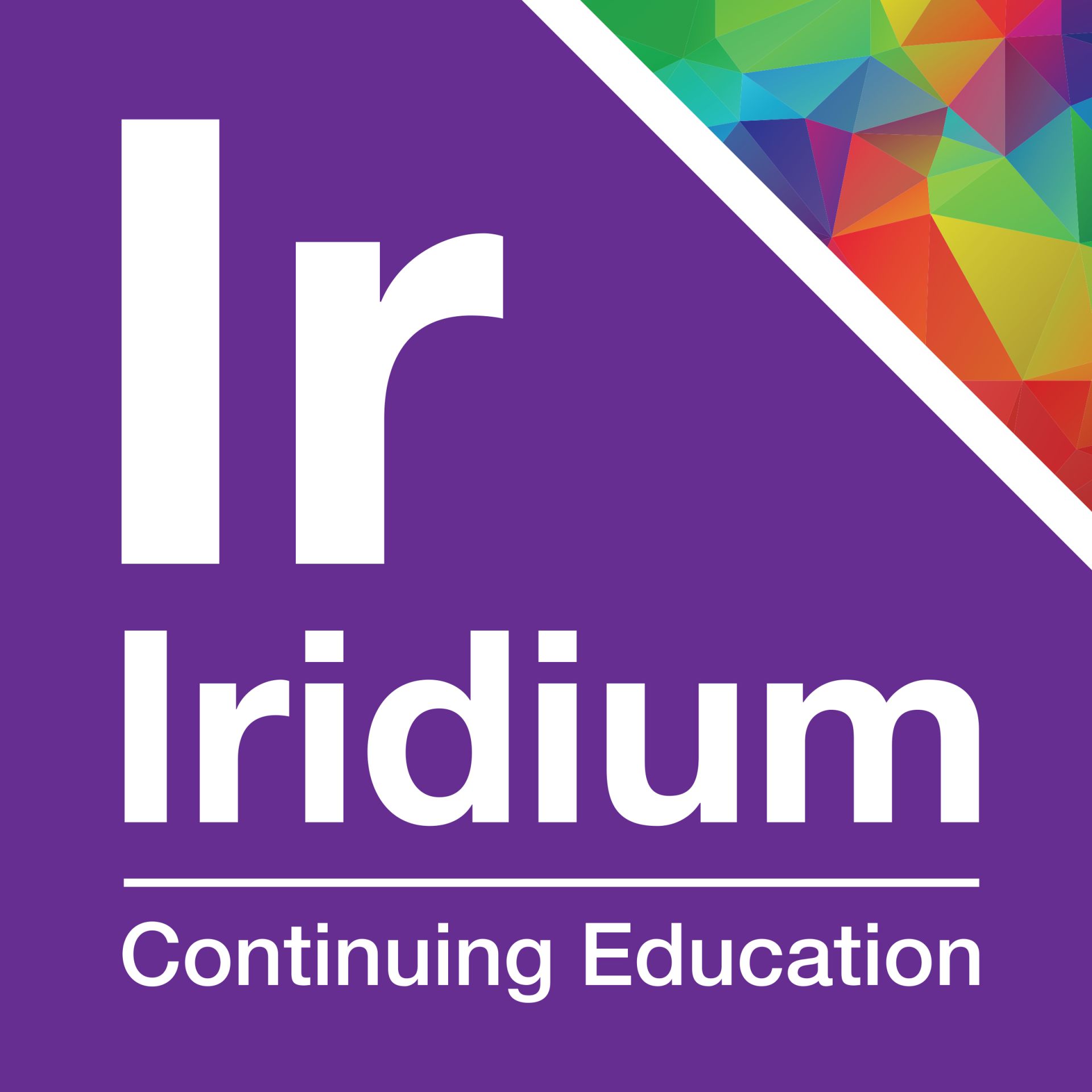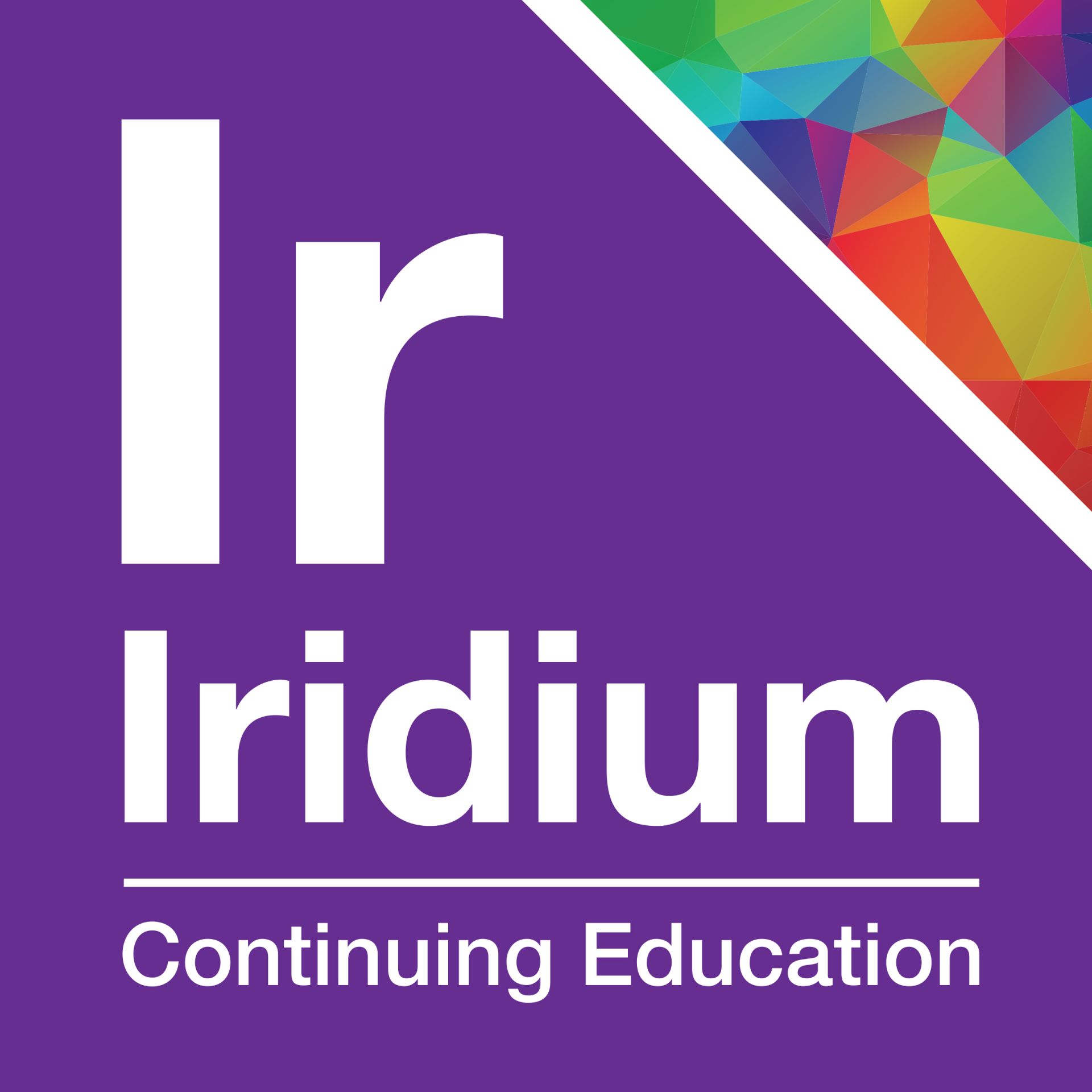Taking Management of Primary Biliary Cholangitis to the Next Level: A Focus on Early Recognition, Long-term Disease Monitoring and Novel Treatments to Improve
Real-World Outcomes
Faculty
Kris Kowdley, MD, FACP, FACG, AGAF, FAASLD
Director
Liver Institute Northwest
Professor of Medicine
Elson S. Floyd College of Medicine
Washington State University
Pullman, WA
Raj Vuppalanchi, MD, FAASLD
Professor of Medicine
Indiana University School of Medicine
Hepatologist
Indiana University Health
Indianapolis, IN
Sonal Kumar, MD, MPH
Assistant Professor of Medicine
Weil Cornell Medical College
Cornell University
Program Overview
Target Audience
BROADCAST ONE
Recognition and Diagnosis of PBC
BROADCAST TWO
Disease Monitoring and Treatment Strategies in PBC
MEDICAL MINUTES THREAD ONE
Pathophysiology, Signs, and Symptoms of PBC
MEDICAL MINUTES THREAD TWO
Care Pathways and Emerging Treatments in PBC

